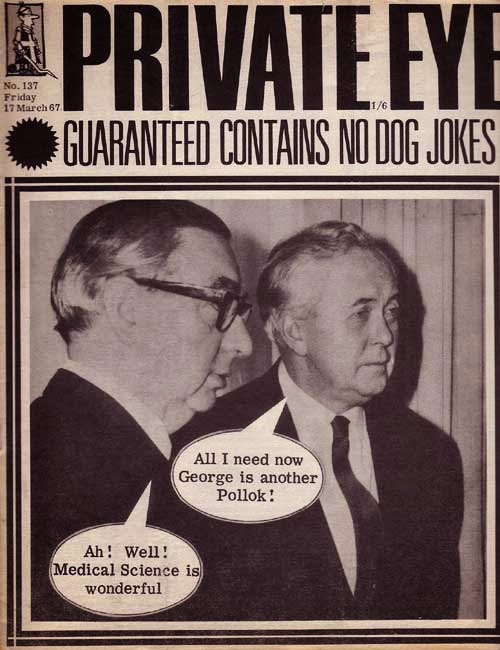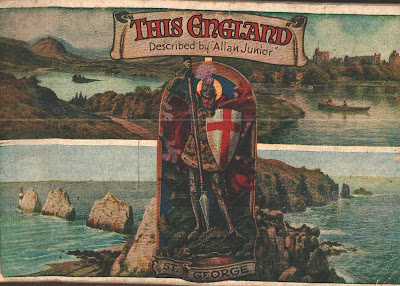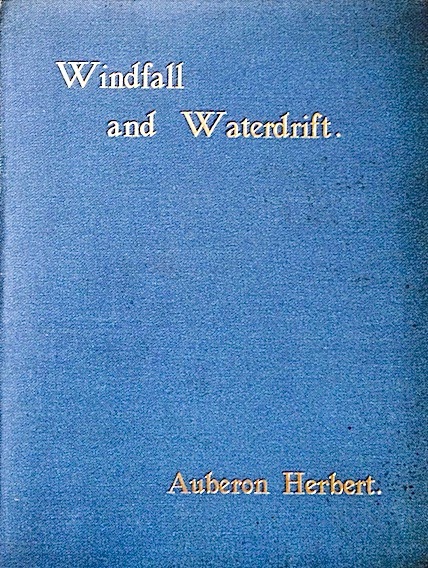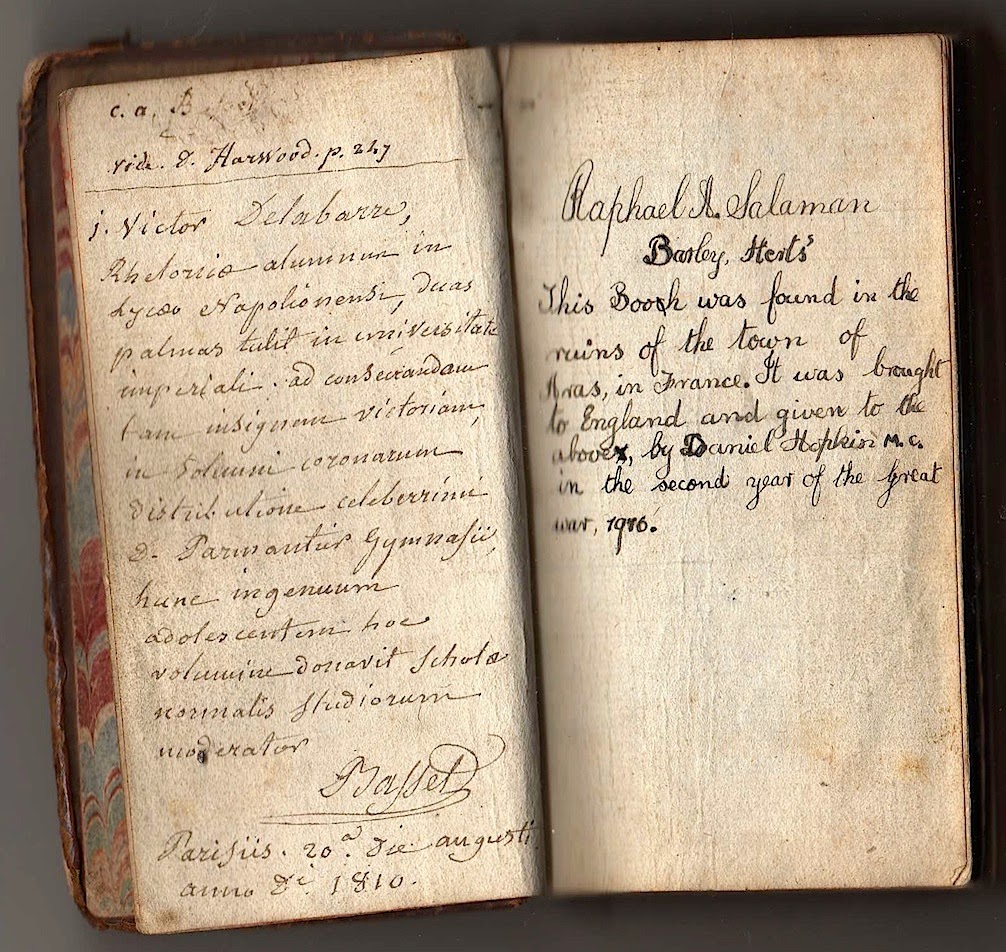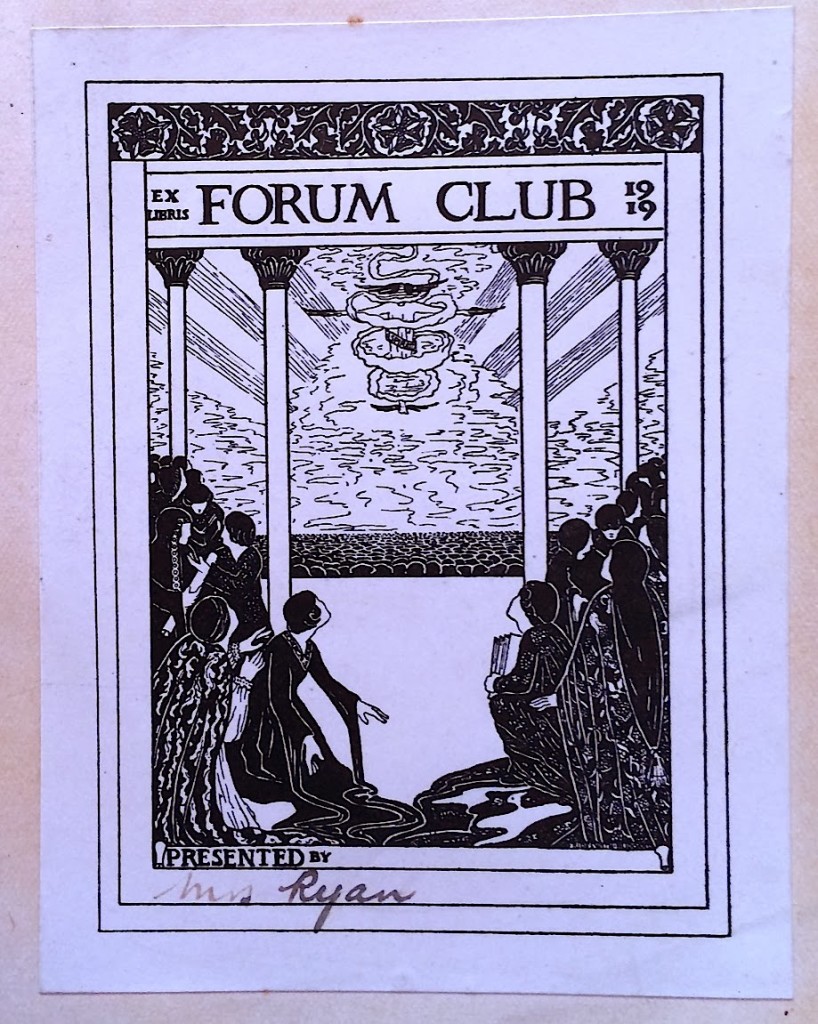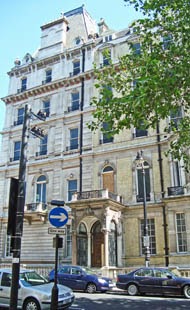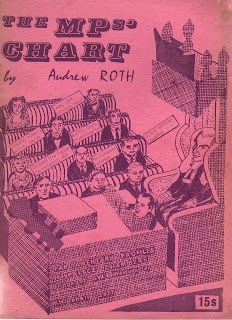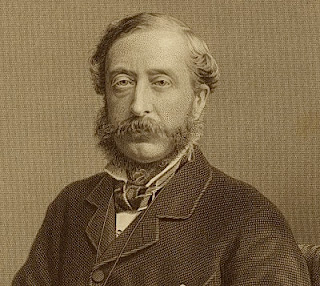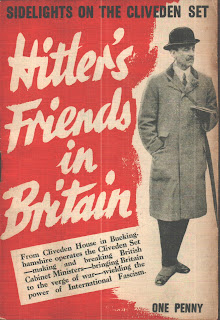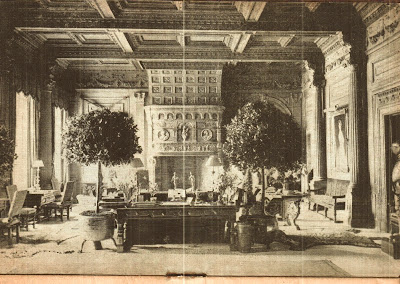This rant on Harold Wilson's Labour Government came from the Wells (Somerset) Conservative Association. It was a one page flyer printed in blue ink and had first appeared in The Daily Telegraph. Anthony Lejeune, a highly competent journalist and author is not gifted with a Wikipedia page but there are traces of his career from a search on the site. He wrote a history of London clubs and has written about Arthur Machen and Fr. Brocard Sewell. He has written about Ernest Bramah in The Tablet which may mean he is a Catholic and almost certainly a book collector…the piece (very slightly truncated) is very much of its time (circa 1966). Politicians are no longer condemned for wearing the wrong clothes at parties.
The Worst Government for 100 years? by Anthony Lejeune.
Do you remember George Brown on television, flanked by leaders of industry and the trade unions, flourishing his fatuous Declaration of Intent? Do you remember the commentators solemnly telling us that this marked a watershed in the history of British industrial relations? And do you remember any of those commentators apologising to us since for having been taken in by so naive a piece of nonsense? I don't.
Do you remember the National Plan?
I got into trouble with the BBC for treating it, the week it was published, with the disrespect which it soon proved to deserve. I'm still waiting for an apology or even an admission that I was right.

